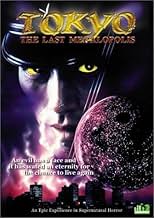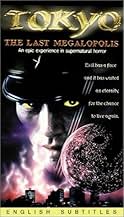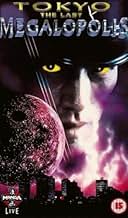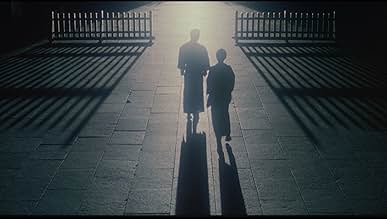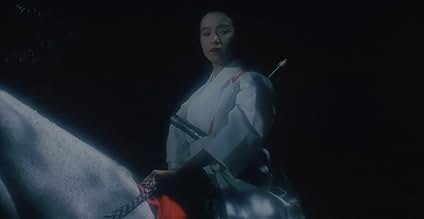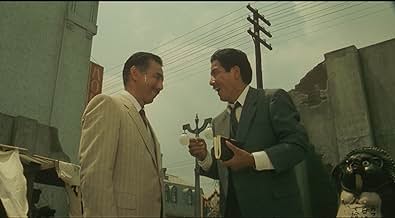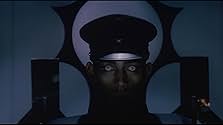In the realm of Japanese cinema, Teito monogatari (1988) stands as a thought-provoking and visceral exploration of the intricacies of human existence.
Teito monogatari weaves a tapestry of interconnected narratives, each thread unveiling the lives of individuals navigating the gritty underbelly of Tokyo's urban landscape. From a disillusioned salaryman grappling with existential despair to a sex worker yearning for genuine connection, the film fearlessly delves into the raw, unvarnished realities that often go unspoken. Kuroki's storytelling is unapologetic, offering no easy resolutions or moral absolutes, but rather a poignant exploration of the human condition in all its complexities.
Teito monogatari's visual language is a testament to Kuroki's artistic vision. The film's cinematography is gritty and unflinching, capturing the stark beauty and harsh realities of Tokyo's urban landscape with equal reverence. From the neon-drenched streets to the claustrophobic confines of tiny apartments, the camera's lens serves as an uncompromising witness, refusing to shy away from the raw and visceral.
Teito monogatari is a film that lingers long after the credits roll. Its impact lies not in offering tidy resolutions or feel-good moments, but in its unflinching exploration of the human condition in all its messy, complicated glory. While not without its flaws - the film's pacing can feel uneven at times, and certain subplots could have been better developed - Teito monogatari ultimately succeeds in its ambition to hold a mirror to society, forcing viewers to confront the harsh truths that often go unacknowledged.
In a cinematic landscape where superficial narratives often reign supreme, Teito monogatari stands as a refreshing and courageous work of art. It may not be a film for the faint of heart, but for those willing to embrace its stark realism and uncompromising vision, it offers a profoundly moving and thought-provoking experience.


